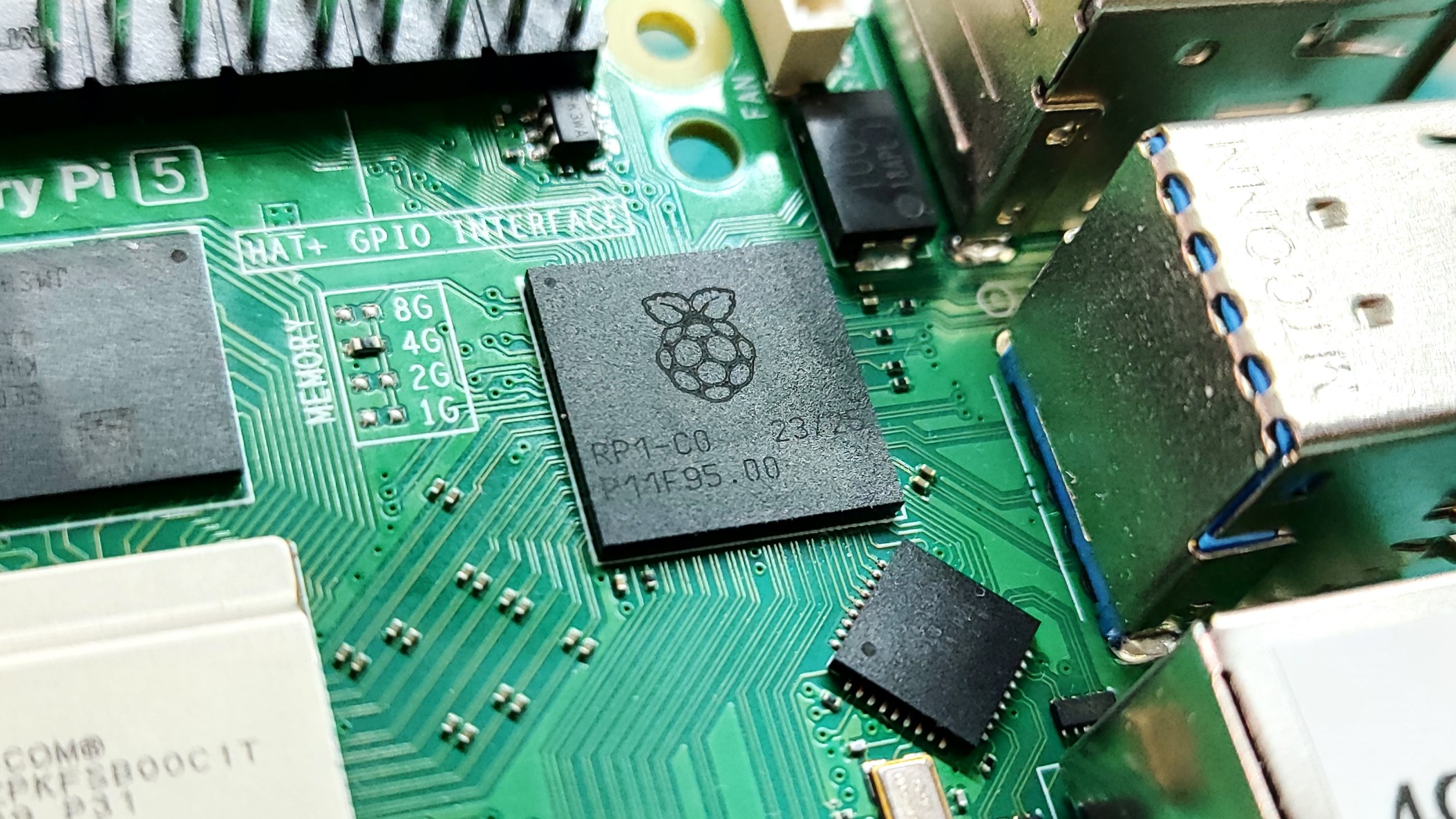
After Raspberry Pi expert Jeff Geerling released his findings about delidding the 2GB Raspberry Pi 5, the YouTuber persisted in his adventure to properly benchmark the SBC with its new D0 stepping. Despite learning that Geekbench needed more than 2GB of memory, Geerling wasn’t ready to give up. He succeeded, confirming the 2GB SBC performs much the same as the other, more memory-gifted variants.
Geerling followed two routes to check the benchmarks for the 2GB Raspberry Pi 5’s BCM2712D0 chip. He ran the open-source tool sys bench, which is less memory-intensive than the Geekbench 6 suite of tools. He also ran Geekbench 6 with a larger swap size, and was able to complete the tests.
Before overclocking the 2GB Pi 5 (which Geerling did do, naturally), the device scored a respectable 4,155 events per second in multithreaded mode using four threads. This is only slightly fewer events than the 4,165 Core Electronics achieved with its testing of the 4GB and 8GB variants. Geerling was able to complete the sysbench results after overclocking the Pi as high as 3.5 GHz.
*data in table provided by Jeff Geerling
When overclocked, the device continued to perform roughly the same while using less power. Geerling found the power consumption difference between the 2GB and 4GB models was almost identical in proportion to the reduction in die space for the D0 stepped chip.
*data in table provided by Jeff Geerling
Not satisfied with the Geekbench 6 failure, Geerling raised swap memory from the default 200MB to 1,024MB and completed the tests. This time, the 2GB Pi 5 scored an 893 in single-core testing, and 1557 in multicore. In the test, it appears Geerling has overclocked the 2GB Pi 5 CPU to 3.6 GHz.
Geerling reported this was slightly faster in single-core performance but considerably slower in multicore, a difference he ascribes to swap and memory limitations in Geekbench 6.
Geerling closes out his analysis acknowledging the new 2GB Raspberry Pi 5 can be a good performer, as long as you aren’t running apps that need more memory. Since most software is now built for a minimum of 4GB or RAM, the new, less expensive option is probably best for lightweight home servers and DIY applications. Geerling believes the 4GB Raspberry Pi 5 is the 'Goldilocks' variant, “not too expensive, with just enough RAM for most uses.”







